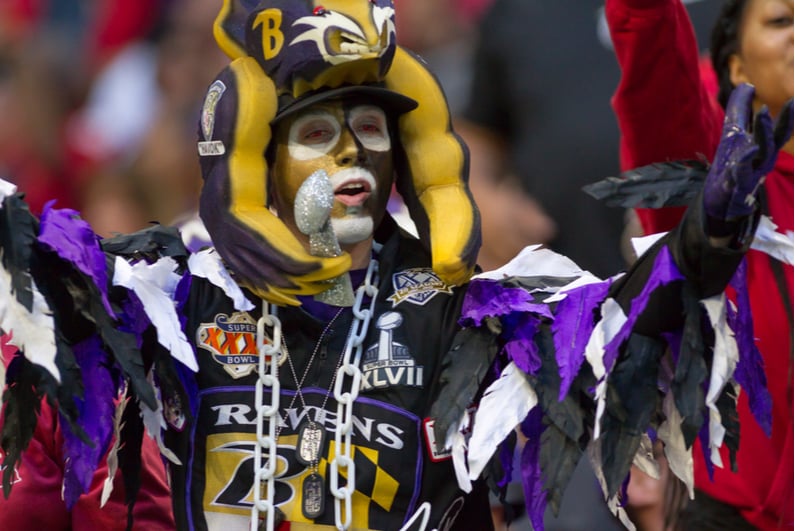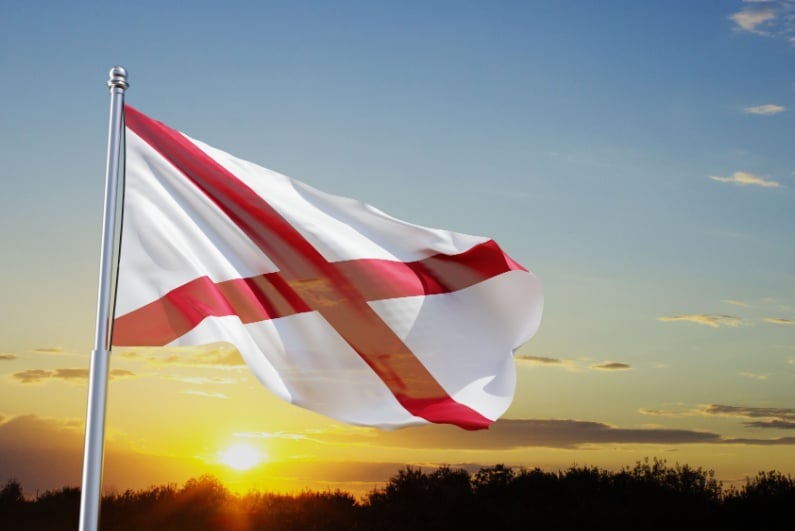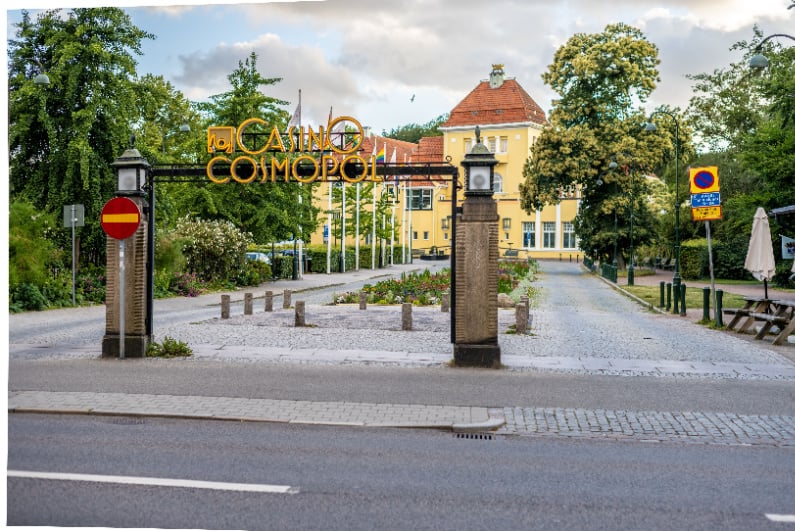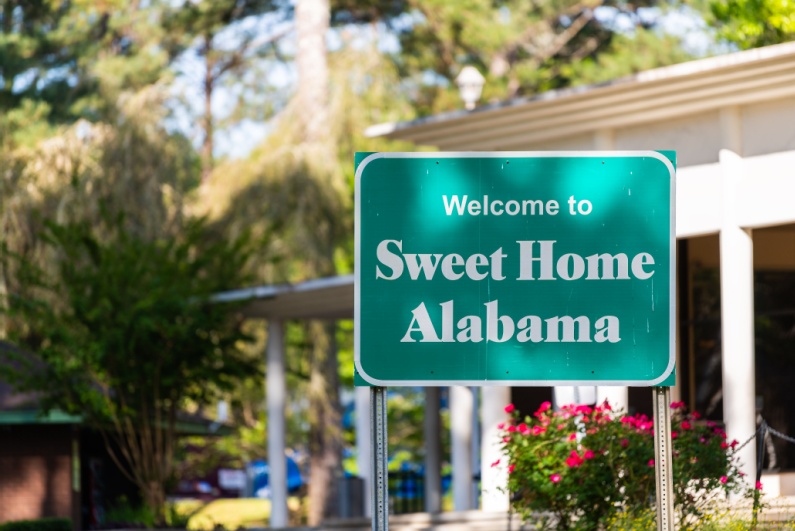Easy win, on to the Senate
Sports betting appears well on its way to becoming a reality in Maryland, as House Bill 940 flew through the state’s House of Delegates. On Thursday, the House voted overwhelmingly in favor of the legislation that establishes the industry’s licensing structure, 130-9. The bill now moves on to the Senate. Should the Senate make changes, the House will have to approve them before sending the bill to Governor Larry Hogan for his signature.
the state would benefit to the tune of $20m annually
Taxes on gambling revenue would be 15%, with the bulk of the proceeds going to public education. Financial analysis estimates that the state would benefit to the tune of $20m annually.
The Maryland legislature initially approved sports betting a year ago. That put the decision to the state’s residents, who voted 2-to-1 in favor of the November 2020 ballot referendum. The process then moved back to lawmakers, who were tasked with establishing the rules and regulations.
More licenses than in previous version
Prior to the House vote, the House Ways and Means Committee amended the bill on Wednesday to increase the number of licenses available. What was 23 is now 37, divided into three license classes.
The 12 Class A licenses are for specific, existing gambling and sports venues. This group includes Maryland’s six casinos, Pimlico Race Course in Baltimore, Laurel Park race course, the Maryland State Fairgrounds, Oriole Park at Camden Yards, M&T Bank Stadium (Baltimore Ravens), and FedExField (Washington Football Team).
There are another ten Class B licenses available to businesses in a competitive bidding process. This is double the number in the original bill. Part of the goal of that increase is to give more opportunity to women- and minority-owned businesses to benefit from the new industry. The commission that will award licenses will be able to implement measures to increase such participation.
The third class consists of 15 mobile licenses, which will also be determined by a competitive bidding process.
Women and minority emphasis lauded
Though the vast majority of Delegates voted in favor of the licensing structure, the bill did not escape all criticism. Del. Robin Grammer was one of the few “nays,” telling the Baltimore Sun that he wanted even more licenses, that it feels like “we are establishing a monopoly here.”
Last week, Del. Jason Buckel expressed his disappointment that businesses which got in-person licenses would not automatically receive a mobile betting license, something that he believes could hurt smaller licensees.
“The financial viability really flows from the mobile license,” he said.
professional sports teams were willing to share license ownership with a minority partner
Overall, however, most Delegates are quite proud of the licensing system they have put together. In a hearing, Del. Darryl Barnes said that several professional sports teams were willing to share license ownership with a minority partner.
“So, when you look at that,” Barnes said, “no one in the union has put together a sports (wagering) bill like we are doing here in the state of Maryland which gives greater opportunities for minorities to participate.”




